Siġġiewi’s 99 ‘ghost voters’: A Tale of Comedy, Ballots, and Bedlam
Discovering the Electorial Ectoplasm
It was an election year unlike any other in the quiet town of Siġġiewi, where locals are famed for their fondness for ħobż biż-żejt and a good għana session. The town buzzed with more excitement than a pastizz in hot oil as reports emerged that no less than 99 ‘ghost voters’ had mysteriously appeared on the electoral roll. The story sent ripples through the social club, a spot as sacred to the townsfolk as Mdina’s silent city is to tourists.
Tumas, a retired postman turned self-declared paranormal investigator with a mustache thicker than a Maltese loaf, decided it was his duty to unravel this mystery. Assisted by his partner in crime, a tabby cat named Fenech (after the legendary local singer, in case anyone wondered), they embarked on a mission to find these incorporeal electors.
The Plot Thickens
Meanwhile, in Valletta, the capital teeming with political fervor, the news had hit the Parliament like a Gozo ferry wave. As Tumas and Fenech, armed with a list of names and addresses found only in folklore, traversed Siġġiewi’s winding streets, whispers about the ghosts became louder than the muezzin at the Mariam Al-Batool Mosque.
“Kif, ghost voters in Siġġiewi?” laughed Rita, a local pastizzeria owner known for her ricotta-filled snacks that could tempt vegetarian saints. “Mela next, we’ll be hearing that the ghosts of the Knights of St. John are running for office!”
Tumas squinted at his list and knocked on a door that hadn’t been opened since the British left the island. To his surprise, an elderly woman named Salvina answered. With the television blaring louder than the festa fireworks, she looked at the list and chortled.
Enter Salvina: Keeper of the Psephological Phantoms
“Uwejja, these names? They’re my old school friends! We’ve been votin’ together since the ’60s,” Salvina exclaimed. Tumas, puzzled by her explanation, realized that Salvina had been submitting absent friends’ votes as a tribute to their memory, fondly imagining them debating politics in the afterlife, fueled by spectral rabbit stews and unlimited te fit-tazza.
Confronting the Truth
News of Tumas’ discovery spread like wildfires during a scorching Maltese summer. In an exclusive, satirical interview by ‘Times of Mela,’ Salvina, now hailed as the Queen of the Afterlife Electorate, revealed her secrets.
“Kollox started as a joke, to see if anyone would notice. They’ve been on the list so long, I thought they’re practically living legends now!” Salvina’s laughter echoed, offering a friendly wink that said she knew more than she let on.
The Resolution: Demonic Democracy or Simply Seniors Having a Laugh?
The election commission had to act, but before they could even conjure up an official response, the story took another dive into the comedic crypt. A group of young tech-savvy locals launched an app, ‘Ghost Vote’, allowing Siġġiewi residents to pay playful tribute to their dearly departed by involving them in a virtual ‘afterlife election.’ The catch? The ‘candidates’ were famous Maltese icons, from the Azure Window (rest its soul) to the ghost of the Great Siege.
The Grand Ghostly Gala
In the end, the town decided to make the best out of a bizarre situation. They organized a costumed election-night party, featuring ghost-themed foods like ‘possessed’ pea pastizzi and ‘haunted’ ħobż biż-żejt (with a spooky amount of onions). As locals danced to remixes of traditional Maltese tunes, the ‘ghost voters’ were honored by a moment of mirth and an elaborate spread of their favorite dishes.
Siġġiewi’s election fiasco turned into a festive occasion, uniting both the young and the old in unapologetic laughter. As the party reached its zenith, everyone raised their glasses of Kinnie to Salvina and her electoral specters, cheering, “To the ghosts of democracy, may they rest in votes!”
The True Winners of Siġġiewi
The mock ‘afterlife election’ results were clear: Siġġiewi itself had won. The town learned that it’s not the papers and ballots that validate a community, but the laughter, stories, and shared surreal experiences. As for the official election, the real people voted in the usual way, but every ballot carried with it the spirit of joy that had swept through the city, making it one for the history books—or perhaps the ghost stories.
So remember, dear readers, when you pass by Siġġiewi next, tip your hat to the ghost voters and the town that turned an electoral enigma into an eternal anecdote!

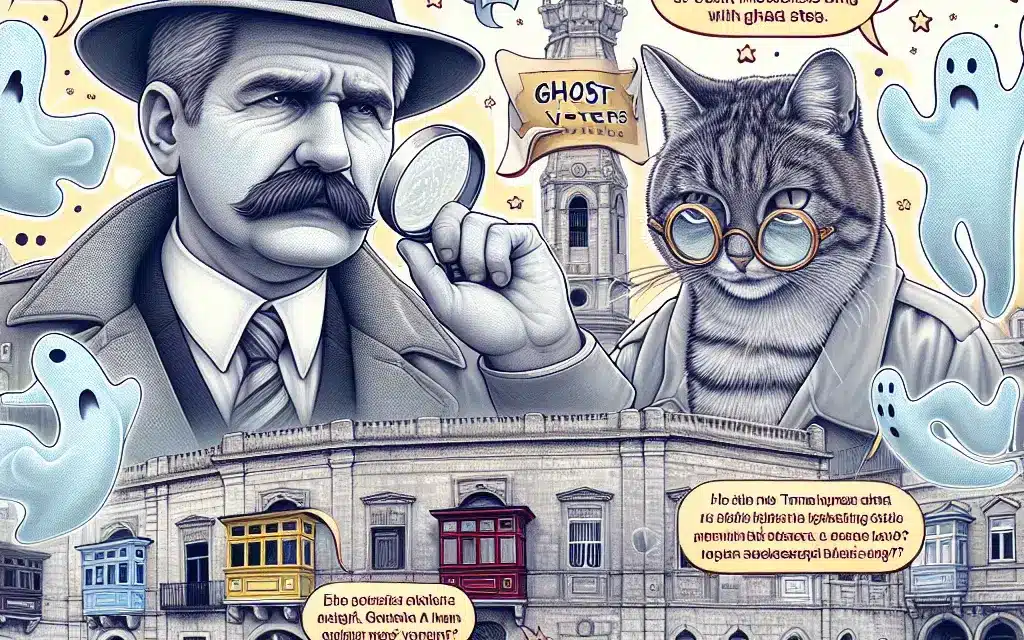

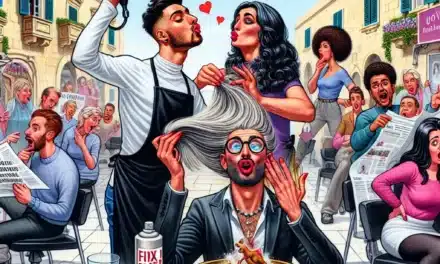
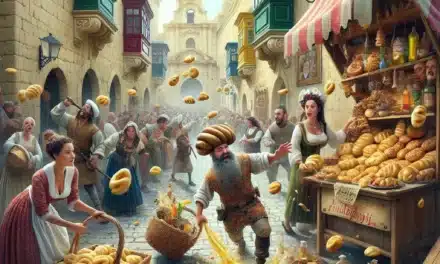
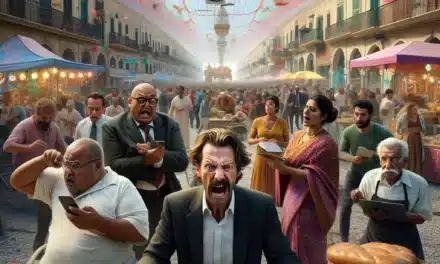
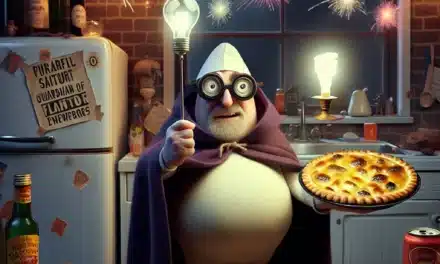
Recent Comments